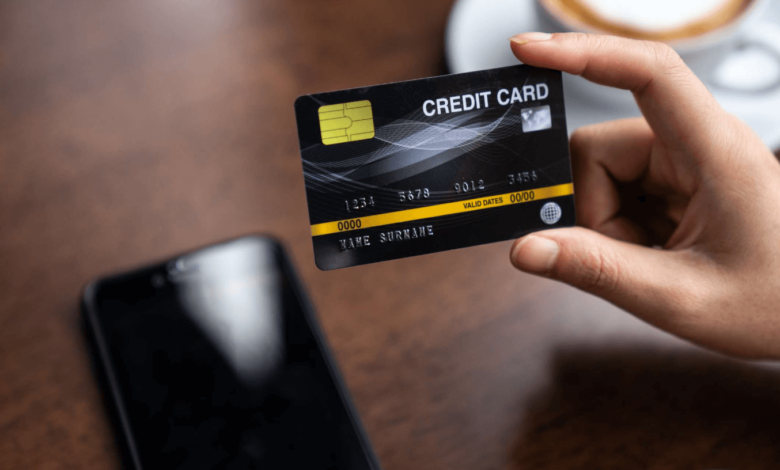Learn All About What Is a Credit Card Used For?

Integral part of our financial lives. These little plastic cards offer convenience, flexibility, and purchasing power that can be a game-changer when used wisely. But what exactly is a credit card used for? In this article, we’ll explore the multifaceted role of what is a credit card used for and how they impact our daily lives.
Understanding the Basics
What Is a Credit Card used for?
Allows you to borrow money from a bank or financial institution to make purchases. Unlike debit cards, which draw funds directly from your bank account, credit cards create a temporary debt that you must repay later.
Types of Credit Cards
There are various types of credit cards, including:
- Rewards Credit Cards: These cards offer cashback, points, or miles for every purchase you make, enticing users to spend more.
- Secured Credit Cards: Designed for individuals with limited or poor credit history, these cards require a security deposit.
- Travel Credit Cards: Tailored for frequent travelers, these cards provide travel-related perks like airport lounge access and travel insurance.
- Balance Transfer Credit Cards: Ideal for consolidating debt, these cards offer low or zero-interest rates on transferred balances.
Practical Uses of Credit Cards
Convenience in Spending
Credit cards make shopping more convenient than ever. You can buy products and services online, pay bills, and make reservations without carrying cash. Are usually all that’s needed for a transaction.
Emergency Expenses
Credit cards act as a financial safety net in emergencies. Whether it’s a medical bill or a car repair, having a credit card can help cover unexpected costs when your savings fall short.
Interest-Free Period
Credit cards typically offer an interest-free period, which means if you pay your balance in full each month, you won’t incur interest charges. This feature can save you money on everyday purchases.
Responsible Credit Card Usage
Avoiding Debt Accumulation
While credit cards offer financial flexibility, they can also lead to debt if misused. It’s essential to pay your balance on time and in full to avoid high-interest charges.
Monitoring Your Spending
Regularly reviewing your credit card statements can help you keep track of your expenses and detect any unauthorized transactions promptly.
The Dark Side of Credit Cards
Temptation to Overspend
Tempt individuals to overspend and accumulate debt beyond their means.
Hidden Fees
Credit cards may have hidden fees, such as annual, late payment, or foreign transaction fees. It’s crucial to be aware of these charges. Read more…
Conclusion
In conclusion, what is a credit card used for serve various purposes in our financial lives. They offer convenience, help build credit, and act as a financial safety net during emergencies. However, they also come with responsibilities, such as avoiding debt and monitoring spending. To make the most of your credit card, it’s essential to use it wisely and understand its terms and conditions.
FAQs
Q1: Can anyone get a credit card?
A1: While most adults can apply for a credit card, approval depends on factors like credit history and income.
Q2: What is the minimum payment on a credit card?
A2: The minimum payment is the smallest amount you must pay each month to keep your account in good standing. It varies by card issuer and your outstanding balance.
Q3: Are there benefits to using a secured credit card?
A3: Yes, secured credit cards can help individuals with poor or limited credit history build or rebuild their credit.
Q4: What should I do if my credit card is lost or stolen?
A4: Contact your card issuer immediately to report the loss or theft. They will assist you in blocking the card and preventing unauthorized charges.
Remember, while credit cards offer many benefits, they should be used responsibly to avoid financial pitfalls. Understanding their role in your financial life is the first step towards making them work for you.
